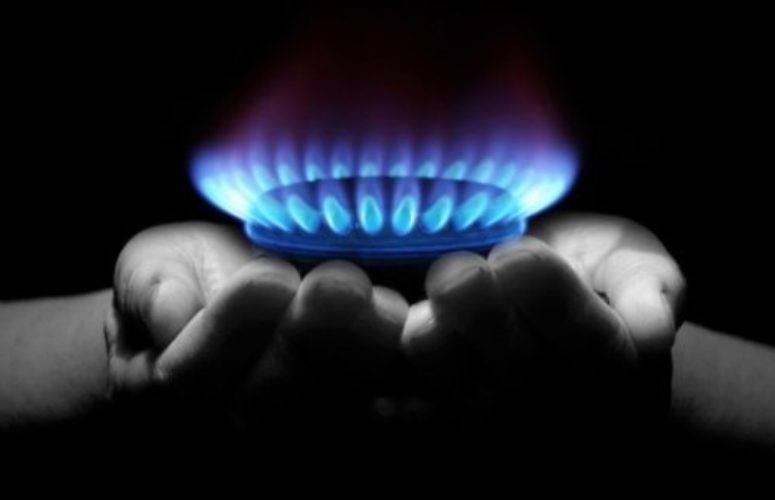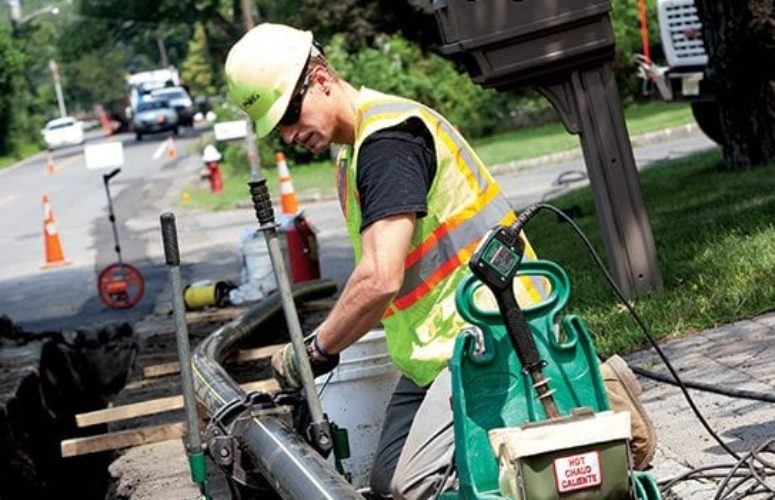
NJ Natural Gas Files to Lower Rates for Customers
On Jun 1, 2020New Jersey Natural Gas (NJNG), the regulated subsidiary of New Jersey Resources, submitted to the New Jersey Board of Public Utilities (BPU) its annual Basic Gas Supply Service (BGSS) and Conservation Incentive Program (CIP) filing, and its annual energy-efficiency program recovery filing, seeking an overall decrease of 1.3% for the 2020-2021 heating season.
If approved by the BPU, the typical residential heating customer using 1,000 therms per year would see a savings of $14.80 annually. The net decrease in rates reflects lower BGSS and Balancing Charge rates offset by an increase in the CIP due to an unusually warm winter heating season. NJNG’s energy-efficiency recovery rates are held essentially flat in this filing.
“This proposal to lower customer rates reflects the prudent management of our supply portfolio, as well as savings in interstate gas transportation costs that we are pleased to pass on to our customers,” said Steve Westhoven, president and CEO of New Jersey Resources.
In its filings, NJNG requested a 3.8% BGSS decrease and a 0.5% Balancing Charge decrease on the typical customer bill. The BGSS and Balancing Charge recover the cost of natural gas supply delivered to NJNG’s system to serve its customers and to balance deliveries with customer usage, respectively. NJNG also requested a 3% increase related to its CIP, a program designed to help normalize rates for annual weather and usage fluctuations. When combined, the impact of the BGSS and CIP filing is a decrease of 1.3%.
NJNG’s BGSS filing represents the commodity charge, which is passed through to customers based on the cost to acquire natural gas. Any change to this rate does not result in a change in the company’s bottom line. The CIP normalizes year-to-year fluctuations from changing weather and usage patterns on both customers’ bills and NJNG’s financial margins. This past December to April was 8.2% warmer than the same period last year; and, the three-month period of January to March was 20 percent warmer than the same period in 2019.
NJNG also is seeking approval to hold rates related to its energy-efficiency programs essentially flat by proposing a 0.01% decrease. This rate recovers costs associated with The SAVEGREEN Project® offerings, including investment in energy-efficient equipment upgrades and whole-house improvements.
Earlier this year, NJNG submitted a separate filing to the BPU for a 1% increase for the recovery of costs associated with its New Jersey Reinvestment in System Enhancement and Safety Acceleration and Facility Enhancement II programs. When combined with today’s filing, the net savings for the typical residential heating customer using 1,000 therms would be 0.2% annually, or $2.82.
If approved by the BPU, NJNG’s requested rate changes would take effect on October 1, 2020.
To access more business news, visit NJB News Now.
Related Articles:





